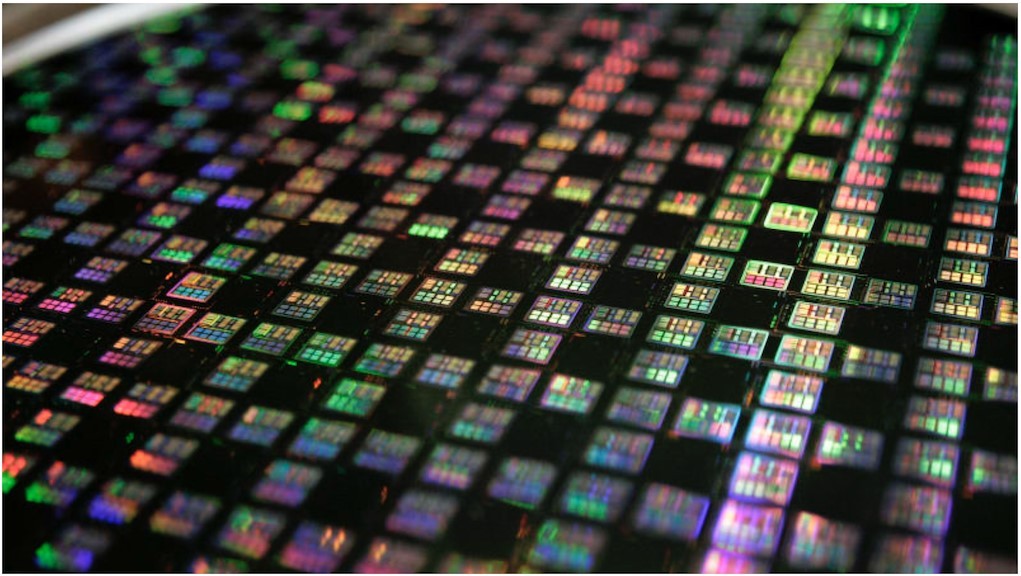HAMBURG, Germany — Volkswagen plans to design and develop its own high-powered chips for autonomous vehicles, along with the required software, Chief Executive Herbert Diess told a German newspaper.
“To achieve optimal performance in light of the high demands that exist for cars, software and hardware have to come out of one hand,” Diess told Handelsblatt.
Volkswagen did not plan to build semiconductors but wanted to own patents if possible, Diess said, adding that the group’s software unit Cariad would develop the expertise and expand.
It would not, however, give VW an edge in terms of supply, which has been an ongoing issue for automakers in the face of skyrocketing demand from virtually every manufacturing sector that utilizes electronic components.
Instead, the move is a response to Tesla, which can integrate custom designed chips, allowing the U.S. company to develop new features faster than its competitors.
“Apple and Tesla have higher competence in terms of how semiconductors are defined,” Diess said.
Germany’s Daimler unveiled a deal with Nvidia last year to develop and equip its Mercedes-Benz cars with a next-generation chip and software platform.
Artificial Wafer Image

VisualSim can be used to construct processor-related models; assuming user’s have information related to pipeline, memory, and processor cores. In addition, one would need information related to neural processing to model with sufficient accuracy; as related to neural-autonomous driving. While VW initially wants to patent their designs, instead of building a vertical-oriented semiconductor capability; they face similar engineering hurdles. The advantage of internal, propriety designs is that time-to-market should be reduced, and leading-edge performance should be achieved sooner? There is a trend towards more Electric Vehicles, and associated electronic chips.
Web Reference: https://www.autoblog.com/2021/05/02/vw-design-microchips/